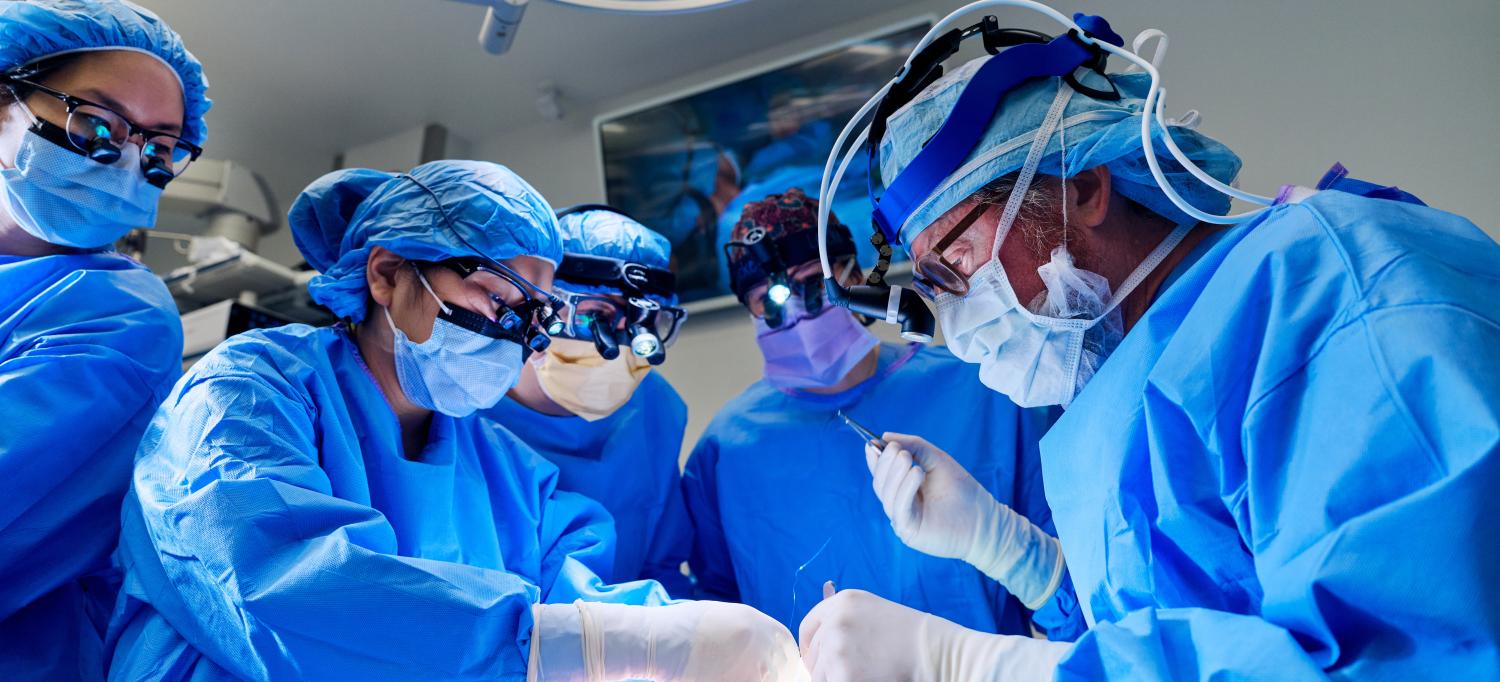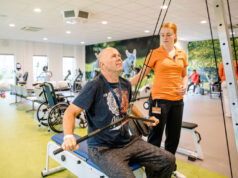
Surgeons at NYU Langone Health (New York, USA) have performed a gene-edited kidney transplant, describing the procedure as the “latest promising breakthrough” in an emerging surgical practice posited as the solution to the organ supply crisis.
Towana Looney, 53, donated a kidney to her mother in 1999 but developed kidney failure several years later after a complication during pregnancy caused damaging high blood pressure. She was placed on the transplant waiting list and started dialysis. However, after several years, she was unable to find a suitable kidney from a donor due to unusually high levels of antibodies that make transplant rejection more likely.
Following the procedure last month, she is free from dialysis and in better health, a press release from NYU Langone Health states.
The transplant is the fourth xenotransplant using United Therapeutics’ xeno organs into living humans, following two UHeart transplants at the University of Maryland Medicine in 2022 and 2023 and a UThymoKidney transplant at NYU Langone Health earlier this year.
The transplant was authorised by the US Food and Drug Administration (FDA) under the expanded access pathway, also known as “compassionate use,” and performed by surgeons led by Robert Montgomery. The patient was initially identified and evaluated at the University of Alabama at Birmingham (USA) by Jayme Locke, who also assisted in the transplant surgery.
“We must at all costs protect our heroes who themselves have given the gift of life to someone else,” said Montgomery. “Towana represents the culmination of progress we have made in xenotransplantation since we performed the first surgery in 2021. She serves as a beacon of hope to those struggling with kidney failure. All the physicians, researchers, nurses, administrators, and perioperative care teams at NYU Langone Health involved in making this moment possible are so thrilled for her, and I couldn’t be more proud of what they have done to improve Towana’s life through this incredible scientific achievement.”
United Therapeutics’ xenokidney, known by the proposed trade name UKidney, is an investigational xenokidney from a pig with 10 gene edits. Six human genes are added to the pig genome to facilitate immune acceptance of the organ, while four genes are inactivated: three that contribute to porcine organ rejection in humans and one that can cause organ growth beyond what is normal for humans. The 10-gene edit pig was developed by Revivicor, a subsidiary of United Therapeutics.
“Each successful xenotransplantation brings us closer to a future where organ shortages no longer cost lives,” said Martine Rothblatt, chairperson and chief executive officer of United Therapeutics. “The latest transplant of our UKidney is the culmination of decades of dedicated research and demonstrates the significant progress we are making in this revolutionary field. I am deeply grateful to Ms. Looney and her family and the exceptional team of scientists and surgeons who continue to advance this vital effort. While we still have more work to do as we advance toward human clinical trials, today’s milestone reinforces that we are on track to fulfil our ultimate mission to create an unlimited supply of transplantable organs and organ alternatives so that patients worldwide have a second chance at life.”
To date, 12 xenotransplantation procedures using United Therapeutics’ UHearts, UThymoKidneys, and UKidneys have been performed in both living and decedent recipients: two living human recipients of UHearts, one living recipient of a UThymoKidney, one living recipient of a UKidney, six UKidney and UThymoKidney decedent recipients, and two UHeart decedent recipients.
Preclinical work to support an upcoming investigational new drug application (IND) for the UKidney was conducted by Kazuhiko Yamada and Andrew M Cameron at Johns Hopkins University School of Medicine (Baltimore, USA).
This work, along with additional data collected by Revivicor and United Therapeutics, will form the basis of the UKidney IND, which United Therapeutics anticipates submitting shortly. If cleared by the FDA, United Therapeutics plans to start a human clinical study in 2025. Alongside the UKidney, United Therapeutics is preparing for clinical trials of its UThymoKidney and UHeart products, following completion of ongoing preclinical studies required by the FDA.











